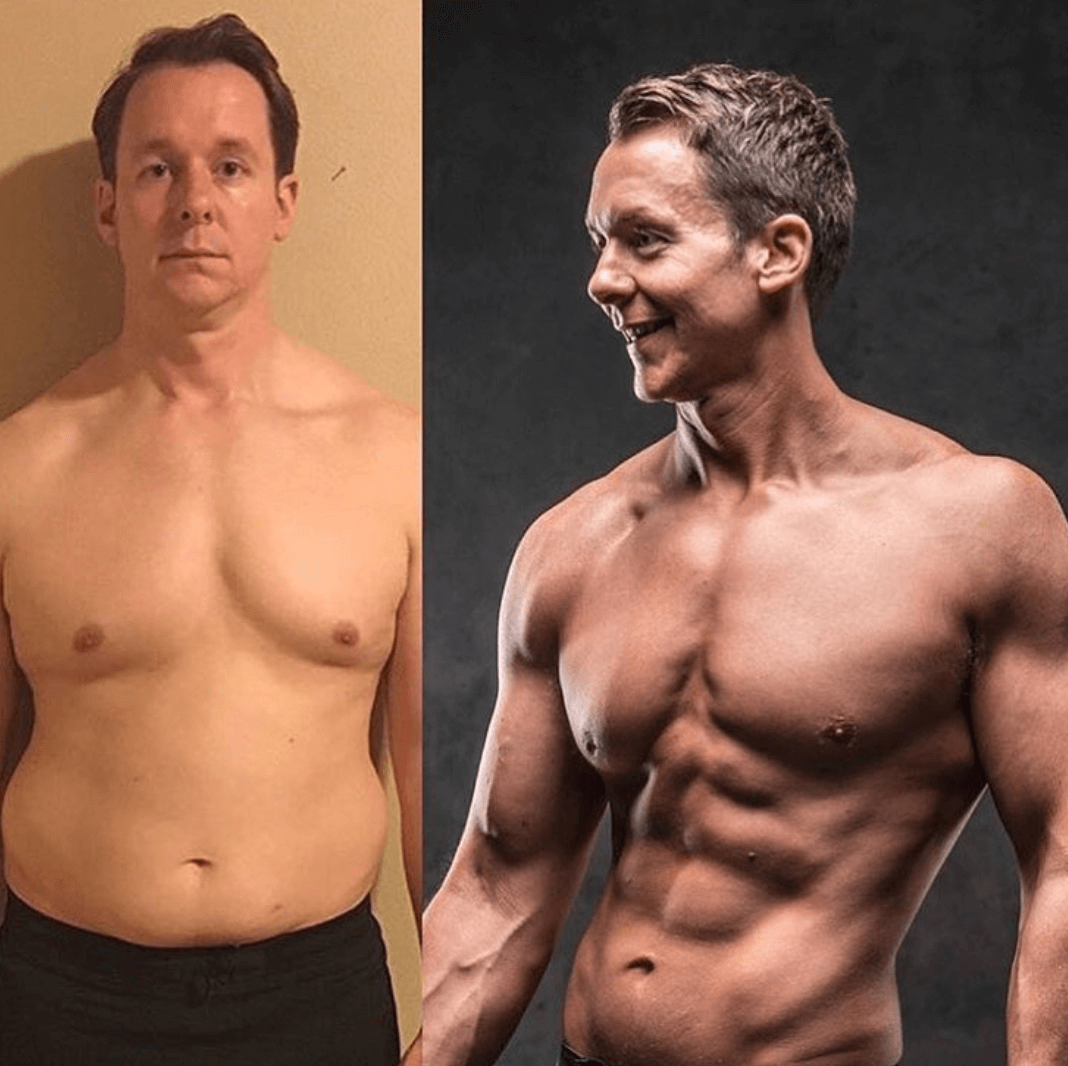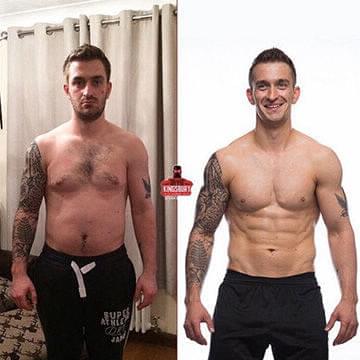Ping.
My email goes.
A “quick” question from someone seeking advice
Whilst I do give a huge amount of free advice and content away, this is a tricky one.
“what calories and macros should I eat?”
I think it is often made trickier by the poor advice the media shares and the influx of health gurus who simply don’t understand the industry they are working in.
So, let’s look at why this isn’t as simple as me saying
“Hey Gary
2400cals
20% cals from carbs 40% cals from protein 40% cals from fats
Thanks for the email and good luck”

The basics.
Calories are a unit to measure energy. Food contains energy measured in calories and the body uses energy which can also be measured in calories.
We all have different energy needs. There isn’t a single formula to determine them, that is accurate. I use 12 different formulas I have developed for different types of people with varying goals to determine energy needs.
Energy balance determines whether you gain, maintain or lose weight.
If your calorie intake and absorption is greater than your expenditure then you gain weight
If your calorie intake and absorption is equal to your expenditure then you maintain weight
If your calorie intake and absorption is less than your expenditure then you lose weight
If your body has more energy than it needs, it stores some of what is left over as fat.
If your body has less energy than it needs, it uses stored energy as fuel.
We all burn calories through four different processes:
Basal Metabolic Rate (BMR): these are the calories your body burns to keep you alive. Everyone has a slightly different basal metabolic rate, which is dependent on your weight, muscle mass and genetics. A larger person with more muscle mass will burn more calories than a smaller person, or someone with less muscle.
Non-Exercise Activity Thermogenesis (NEAT): These are the calories you burn by moving around, but not through deliberate exercise. If you are generally active, always on your feet, or fidget a lot, you will burn a lot of calories this way.
Exercise Activity Thermogenesis (EAT): The calories burned through deliberate exercise, like weight training, running, cycling and swimming. The more you do, the more calories you burn.
Thermic Effect of Food (TEF): The energy your body uses to process the food you eat. The less processed food you eat, the more work your body has to do to digest it.
Unfortunately for people giving advice with little understanding or wanting a one size fits all approach, even these amounts of energy burned will vary from person to person. So, for example, even two men at the same age, height, weight, activity, levels and eating the same foods will burn and absorb different amounts of energy.
So, what varies someone’s calorie needs?
· Age
· Height
· Weight
· Gender
· General activity levels
· Hours of exercise
These are the most common ones you will see asked as minimum, but there are some extras that are often overlooked.
· Whether someone has been overweight before
· Whether they have crash dieted before
· Whether they have always been thin
· How often they gained and lost weight
· Fat mass vs lean mass
· Plus more individual factors to do with digestion
Are your calorie needs even constant?
This the next problem in keeping it simple, your calories needs change.
Lose weight and they change
Exercise more and they change
Change your goals and they really change
If someone sends you off for a 12 week plan with static calories and lose 5kg in the first 8 weeks then wonder why you plateau it’s because you energy needs have decreased.
You will be starting to see here that calories can’t just be dished out. This is a science and getting it right takes a huge level of experience and understanding of how the body works and why.
Next up.
Macronutrients Sometimes referred to as “macros,” are carbohydrates, fat, and protein. The calorific combination of the macros is what provides the total energy of food.
Different macros provide different levels of energy per gram
Carbs = 4cals per gram
Protein = 4cals per gram
Fats = 9cals per gram
Alcohol = 7cals per gram
Each of these also has different absorption rates and different thermic effects of digestion. Meaning you absorb different amounts of calories based on the macros. So not all macros provide all of this energy to your body, some is burned during digestion, some is excreted.
This also varies based on the level of processing of foods. For example. You absorb more energy from peanut butter than you do from peanuts.
Like calories, macros don’t have an exact formula for optimisation. There are many, many, many variables.
There is research that shows how certain macro breakdowns can be more effective for certain goals.
But each goal comes with a range of macro balances that can be used.
And you don’t need to follow the same macro protocol every day.
I use carb cycling and also cyclic ketogenic diet for certain people with certain goals, this varies macros on a daily, several day or weekly basis.
But these don’t work for everyone. Some people I put on low carb every day.
· Reasons to vary macros
· Different goals require different variations on macros
· Different people require different variations on macros
· Different body types results can be optimised with different variations on macros
· Using cyclic macro protocols can optimise results for certain people with certain goals
· Different hormone profiles can vary the tolerance to certain macro nutrients variations
· Certain medical conditions can vary the balance of macros selected for results and health
· Etc
· Etc
There isn’t a single formula for determining calories and macros, it is both a calculation and manual process, it is science and also a judgment of experience. This is what my 12 years in the industry has taught me, it is also why the poor information given and sold as fact is so frustrating for me.
Now, once I have someone’s full details I can calculate and select the best options for them, the next step is getting them follow it.
That is a story for another day!
If you want my help to make sure you are getting your numbers right and not wasting your time with sub optimal plans then you know where to find me.
David










